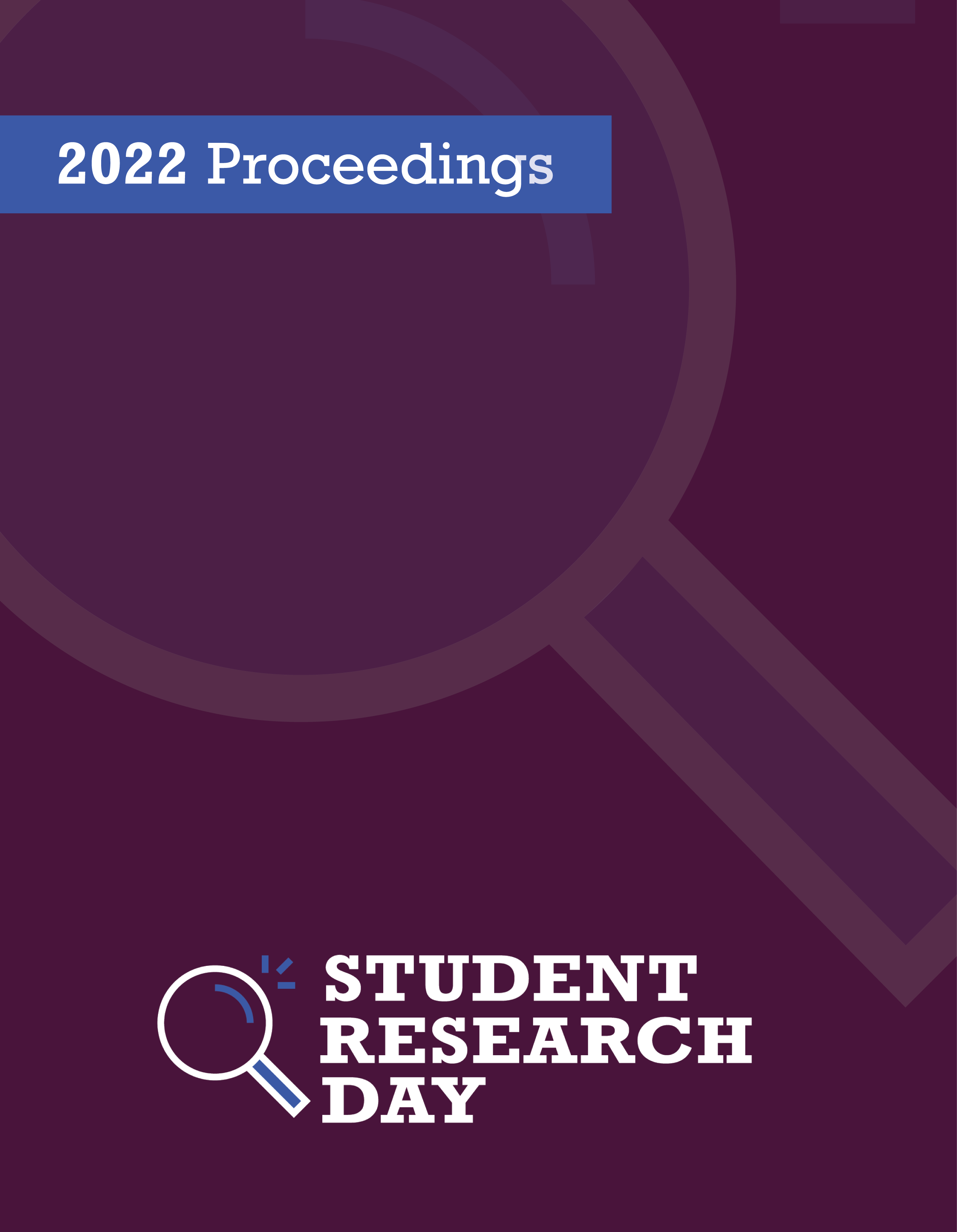Arts engagement during the COVID-19 pandemic
Abstract
The COVID-19 pandemic has proven to be a challenging time for students’ mental health and well-being. Numerous countries have imposed nationwide lockdown measures to control the spread of the virus. Studies have shown that while these measures can be effective when strictly implemented, it comes with a cost, affecting people’s social well-being. The restrictions have made it difficult for people to access and engage in their preferred activities/hobbies. One previous study examined the changes between preferred vs. substituted activities involving nature and its association with perceived stress during the pandemic (Pearson et al., 2021). However, little is known about the changes in engagement with arts-related activities.
One purpose of the current exploratory study is to examine the changes in the patterns of engagement with art activities due to the COVID-19 pandemic in students. Another purpose of the study is to determine whether engagement in preferred vs. substitution activities and the motivation to engage in these activities are associated with well-being. The proposed study will have participants indicate their engagement with different arts-related activities before and during the COVID-19 pandemic. Additionally, participants will be asked to rate their motivations for engaging with their preferred and substituted activities. We predict that intrinsic motivation to engage in activities (i.e., doing them because they are interesting or enjoyed) will predict higher well-being than external motivation (e.g., doing them for reward or pressure from others). Moreover, participants will complete measures of pandemic-related emotional well-being, COVID-related stress, general coping strategies, general well-being, personality, and demographics.
Department: Psychology
Faculty Mentor: Dr. Kathleen Corrigall
References
Published
Issue
Section
License
Authors retain any and all existing copyright to works contributed to these proceedings.



